Home>Articles>How Do I Get A Car Towed That’s Blocking My Driveway
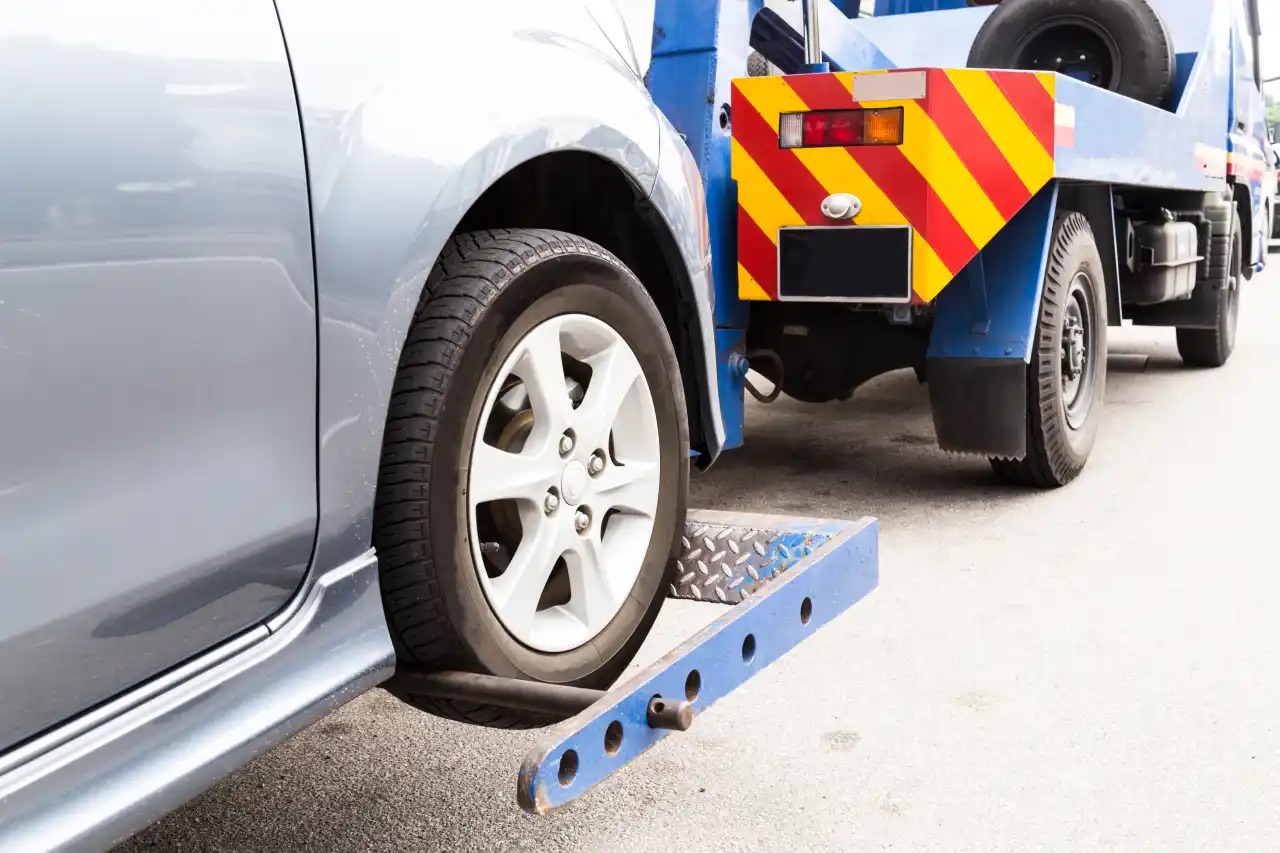

Articles
How Do I Get A Car Towed That’s Blocking My Driveway
Modified: January 9, 2024
Learn how to get a car towed if it's blocking your driveway with our informative articles. Find step-by-step guides and tips to resolve this issue efficiently.
(Many of the links in this article redirect to a specific reviewed product. Your purchase of these products through affiliate links helps to generate commission for Storables.com, at no extra cost. Learn more)
Introduction
Having a car blocking your driveway can be a frustrating situation. It not only hinders your ability to freely enter or exit your property, but it can also disrupt your daily routine. If you find yourself in this predicament, you may be wondering what steps you can take to get the car towed and resolve the issue.
In this article, we will explore the process of getting a car towed that is blocking your driveway. We’ll discuss the legalities involved, local regulations, and the necessary steps to take to ensure a smooth resolution. So, let’s dive in and find out how you can tackle this problem effectively.
Key Takeaways:
- Don’t let a car blocking your driveway ruin your day. Understand the legalities, document the issue, and contact the authorities for a smooth resolution. Patience and persistence are key!
- When dealing with a blocked driveway, familiarize yourself with local regulations, provide detailed information, and follow up with the authorities. Stay calm, proactive, and prioritize safety.
Understanding the Legalities
Before taking any action to get a car towed that is blocking your driveway, it’s important to have a clear understanding of the legalities surrounding the situation. While it may seem like an inconvenience, it’s essential to follow the proper procedures to avoid any legal repercussions.
First and foremost, it’s crucial to note that blocking someone’s driveway is generally considered a violation. It obstructs the rightful property owner from accessing their own premises and is typically regarded as a trespassing offense. However, the specific laws and regulations regarding this issue may vary depending on your location.
It’s advisable to familiarize yourself with the local laws and ordinances that govern blocked driveways in your area. This information can typically be found on your city or county’s official website, or you can contact your local authorities for guidance. Understanding the legal framework will help you navigate the process more effectively and ensure that you take the appropriate course of action.
In many cases, there are specific guidelines or time limits regarding how long a vehicle can legally block a driveway before it can be considered a violation. Some jurisdictions may have strict regulations, while others may adopt a more lenient approach. Familiarizing yourself with these regulations will empower you with the knowledge needed to address the situation properly.
Keep in mind that the legal process may involve specific steps or requirements that need to be fulfilled before a tow can occur. This may include providing proof of ownership or demonstrating that the vehicle has been blocking your driveway for an extended period. Understanding these prerequisites will not only help you handle the situation more effectively but also ensure that you are within your rights to request a tow.
Checking Local Regulations
Once you have a clear understanding of the legalities regarding blocked driveways, the next step is to check the local regulations that apply to your specific area. Every municipality may have its own set of rules and procedures for dealing with this issue, so it’s crucial to familiarize yourself with these regulations.
Start by visiting your city or county’s official website, as they often provide information regarding blocked driveways and the steps to take. Look for any specific guidelines or time limits mentioned for when a car can be considered as blocking a driveway. Additionally, check if there are any designated towing zones or authorized towing companies that you need to contact.
If you cannot find the information you’re looking for online, don’t hesitate to reach out to your local authorities. They will be able to provide you with the necessary guidance on the regulations and procedures you need to follow in order to have the car towed.
It’s important to note that some areas may require you to file a formal complaint or submit a written request to the appropriate department. Make sure to inquire about any paperwork that needs to be completed to initiate the towing process.
By taking the time to check local regulations, you ensure that you are following the correct procedures and adhering to any specific requirements set forth by your municipality. This will help facilitate the towing process and ensure that your request is handled appropriately.
Documenting the Issue
When dealing with a car that is blocking your driveway, it’s important to document the issue properly. This documentation will serve as evidence of the violation and can be crucial in resolving the situation effectively.
Start by taking clear and detailed photographs or videos of the blocked driveway. Capture the position of the vehicle, any identifying features (such as the license plate), and the surrounding area. These visual records will help establish the extent of the obstruction and provide proof of the violation.
Additionally, make note of the date and time when you discovered the car blocking your driveway. This information will be useful for referencing later. If possible, gather any supporting evidence, such as witness statements or security camera footage, that can further corroborate your claim.
Documenting the issue serves several purposes. Firstly, it helps ensure that you have accurate and tangible evidence to present to the authorities or towing company if needed. This can strengthen your case and increase the chances of a successful resolution. Secondly, it provides a record of the ongoing problem in case the issue persists or escalates in the future.
While it’s necessary to document the issue, it’s crucial to prioritize your safety and privacy. Avoid any confrontations with the vehicle owner or attempting to move the car yourself. Instead, focus on capturing the necessary evidence and contacting the relevant authorities to handle the situation.
By documenting the issue thoroughly, you create a solid foundation for resolving the problem and increase the likelihood of a successful outcome. Keeping accurate records and evidence will help facilitate the towing process and protect your rights as a property owner.
Contacting the Appropriate Authorities
Once you have documented the issue of a car blocking your driveway, the next step is to contact the appropriate authorities. They will have the expertise and authority to handle the situation and initiate the towing process if necessary.
Start by contacting your local law enforcement agency. This can be done by calling the non-emergency police number or visiting the nearest police station. Provide them with all the relevant details, including the location of the blocked driveway, a description of the vehicle, and any supporting evidence you have gathered.
The police will assess the situation and determine the appropriate course of action based on the local laws and regulations. They may dispatch an officer to verify the violation and issue a citation to the vehicle owner. In some cases, they may also coordinate with a towing company to have the vehicle removed from the area.
If the car blocking your driveway poses an immediate safety concern or is causing significant disruption, it may be appropriate to contact the emergency services line (such as 911) to report the situation. This applies particularly if the blocked driveway is preventing you from leaving during an emergency.
Depending on your local regulations, you may also need to contact a designated department or agency responsible for towing and vehicle impoundment. Check with your local authorities or visit the official website to find out the appropriate contact information. Provide them with all the necessary details and follow any instructions they provide regarding initiating the towing process.
When contacting the authorities, it’s important to remain calm and provide accurate information. Avoid confrontations with the vehicle owner or any aggressive behavior that could escalate the situation. Cooperate with the authorities and follow their instructions to ensure a smooth resolution.
By contacting the appropriate authorities, you are taking the necessary steps to address the issue of a car blocking your driveway. Their involvement will help enforce the law and ensure that the vehicle is towed in a fair and legal manner.
Call your local non-emergency police line or towing company to have the car towed. Provide the location, make, and model of the car. Be prepared to show proof of ownership or residency.
Read more: Where Can I Get My Car AC Fixed
Providing Necessary Information
When reporting a car that is blocking your driveway to the authorities or a towing company, it’s essential to provide them with all the necessary information. This will help expedite the process and ensure that the correct vehicle is located and towed.
Start by providing the exact location of your blocked driveway. Be as specific as possible, including the street address, any landmarks nearby, and any other relevant identifying information. This will help the authorities or towing company locate the vehicle quickly and accurately.
Describe the vehicle blocking your driveway in detail. Include information such as the make, model, color, and license plate number, if visible. The more specific you can be, the easier it will be for authorities to identify and locate the vehicle.
If you have any additional information about the vehicle owner or the reason for the blockade, provide that as well. This could include the name of the owner if known, any contact information if available, or any relevant details that could assist in resolving the issue.
When providing this information, it’s important to remain calm and focused. Speak clearly and concisely to ensure that all the details are accurately recorded. Remember that the person on the other end of the line is there to help you, and providing them with the necessary information will facilitate a quicker resolution.
If you have documented the issue as suggested earlier, share the evidence you have gathered with the authorities or towing company. This can include photographs, videos, witness statements, or any other supporting documentation that can bolster your case. Providing this evidence helps strengthen your claim and supports the need for towing the vehicle.
By providing all the necessary information, you enable the authorities or towing company to take appropriate action quickly and efficiently. The more details you can provide, the higher the chances of a successful resolution to the issue of blocked driveways.
Waiting for the Tow Truck
After reporting the car blocking your driveway and providing all the necessary information, you will typically need to wait for the arrival of a tow truck. The timeframe for this can vary depending on several factors, including the availability of towing services and the priority given to your case.
During this waiting period, it’s important to remain patient and avoid any further confrontations with the vehicle owner. While it may be frustrating to have your driveway blocked, engaging in arguments or attempting to move the vehicle yourself could escalate the situation and potentially lead to legal issues.
Use this waiting time to ensure that you have followed all the correct procedures and have the necessary documentation readily available. Review the evidence you have collected and ensure that the authorities or towing company have all the information they need to proceed with the tow.
It’s also a good idea to take note of the estimated waiting time provided to you by the authorities or towing company. This will give you an idea of how long you can expect to wait for the tow truck to arrive. However, keep in mind that unforeseen circumstances can sometimes cause delays, so it’s important to exercise patience throughout the process.
If the waiting period extends beyond the estimated time, you may consider reaching out to the authorities or towing company for an update. They will be able to provide you with the necessary information and address any concerns you may have.
Once the tow truck arrives, ensure that you cooperate with the towing crew and follow their instructions. They will handle the vehicle removal process and work to clear your driveway as quickly as possible.
Remember, the waiting period for the tow truck is a crucial part of the process. It’s important to remain calm, patient, and cooperative to ensure a smooth resolution to the issue of a blocked driveway.
Following up with the Authorities
After the car blocking your driveway has been towed, it’s a good idea to follow up with the authorities to ensure that the issue has been resolved completely. This step will provide you with peace of mind and allow you to address any remaining concerns or questions you may have.
Start by contacting the local law enforcement agency or the department you initially reported the issue to. Express your gratitude for their assistance in resolving the situation and inquire about any further steps you may need to take.
If you encounter any challenges or complications during the towing process or if the car blocking your driveway is repeatedly occurring, make sure to inform the authorities of these incidents. They can provide guidance on how to handle future occurrences and help prevent similar situations from happening again.
Additionally, if you incurred any expenses during the process, such as towing fees or property damage caused by the blocked driveway, discuss these matters with the authorities. They may be able to provide guidance on reimbursement or advise you on the appropriate channels to seek compensation.
By following up with the authorities, you maintain an open line of communication and demonstrate your commitment to resolving the issue completely. This can help foster a positive relationship with the local law enforcement and establish a proactive approach to addressing similar incidents in the future.
If you are unsatisfied with the response or action taken by the local authorities, you may consider reaching out to higher authorities or local representatives to voice your concerns. They can provide further assistance and escalate the matter if necessary.
Remember, following up with the authorities is crucial to ensuring that the issue of a car blocking your driveway is fully addressed and to prevent future occurrences. It allows you to address any remaining concerns, seek clarification on any outstanding matters, and maintain a clear line of communication for future incidents.
Potential Challenges and Solutions
While dealing with a car that is blocking your driveway, you may encounter various challenges along the way. Understanding these potential challenges and having solutions in mind can help you navigate the process more effectively. Here are a few common challenges you may face and potential solutions:
1. Lack of Parking Enforcement: In some areas, there may be limited or ineffective parking enforcement, making it difficult to address the issue. In such cases, you can consider reaching out to local authorities or representatives to advocate for improved parking enforcement measures.
2. Vehicle Owner Disputes: Occasionally, the vehicle owner may dispute the need for towing or refuse to cooperate. If this occurs, remain calm and avoid engaging in heated arguments. Instead, provide the necessary evidence to the authorities or towing company and allow them to handle the situation according to the law.
3. Legal Complications: Legal complexities may arise if the vehicle owner decides to challenge the towing. Stay informed about the local laws and regulations regarding blocked driveways to ensure that you have a strong case. Seek legal counsel if necessary to navigate any potential legal complications.
4. Repeat Offenders: If you find yourself repeatedly facing the issue of blocked driveways due to the same vehicle or owner, document each incident and report them to the authorities each time. This will create a paper trail and may lead to increased consequences for the repeat offenders.
5. Delayed Response Time: Depending on the circumstances, the response time for towing the vehicle may be delayed. If this occurs, follow up with the authorities or towing company to inquire about the status and express any concerns or urgencies. Persistence and clear communication can help expedite the process.
6. Safety Concerns: If the blocked driveway poses a safety risk or prevents you from leaving during an emergency, contact emergency services immediately. They will prioritize the situation and take appropriate action to ensure your safety.
Remember, each situation may present unique challenges. Stay informed, be patient, and follow the proper protocols. By remaining calm, persistent, and knowledgeable about local regulations, you can navigate potential challenges and increase the chances of a successful resolution.
Read more: Where Can I Get My Car AC Recharged
Conclusion
Dealing with a car that is blocking your driveway can be a frustrating and inconvenient experience. However, by understanding the legalities, checking local regulations, documenting the issue, contacting the appropriate authorities, providing necessary information, waiting for the tow truck, following up with the authorities, and being prepared for potential challenges, you can effectively navigate the process.
It’s important to remember that resolving the issue requires patience, clear communication, and adherence to the proper procedures. Stay informed about the local laws and regulations surrounding blocked driveways, document the issue thoroughly, and provide all necessary information to the authorities or towing company.
While challenges may arise along the way, maintaining a calm and proactive approach will help you overcome them. If needed, reach out to higher authorities or seek legal counsel to ensure that your rights as a property owner are protected.
By following these steps, you can increase the likelihood of a successful resolution to the situation. Remember to prioritize safety, remain respectful in your interactions, and advocate for improved parking enforcement if necessary.
If you find yourself repeatedly facing the issue of blocked driveways, consider reaching out to your local representatives or authorities to address the situation and work towards long-term solutions.
In conclusion, the process of getting a car towed that is blocking your driveway may require patience and adherence to the proper procedures, but by doing so, you can assert your rights, ensure your safety, and find a resolution to the issue at hand.
Frequently Asked Questions about How Do I Get A Car Towed That's Blocking My Driveway
Was this page helpful?
At Storables.com, we guarantee accurate and reliable information. Our content, validated by Expert Board Contributors, is crafted following stringent Editorial Policies. We're committed to providing you with well-researched, expert-backed insights for all your informational needs.

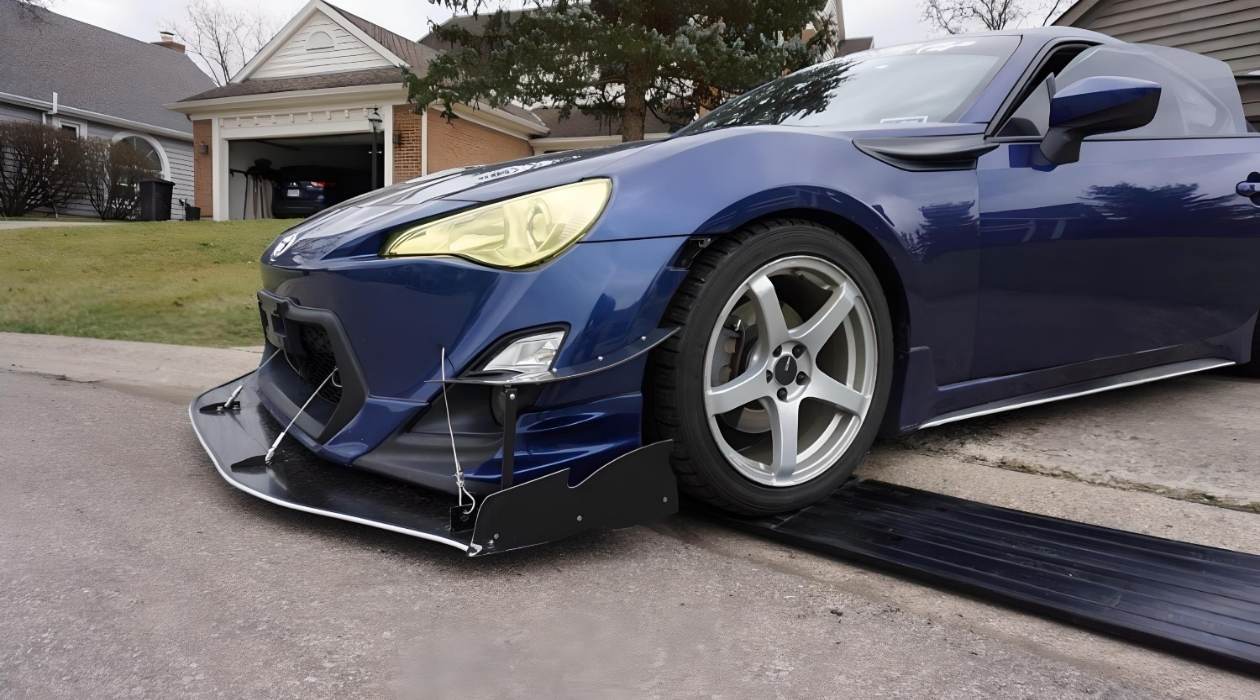


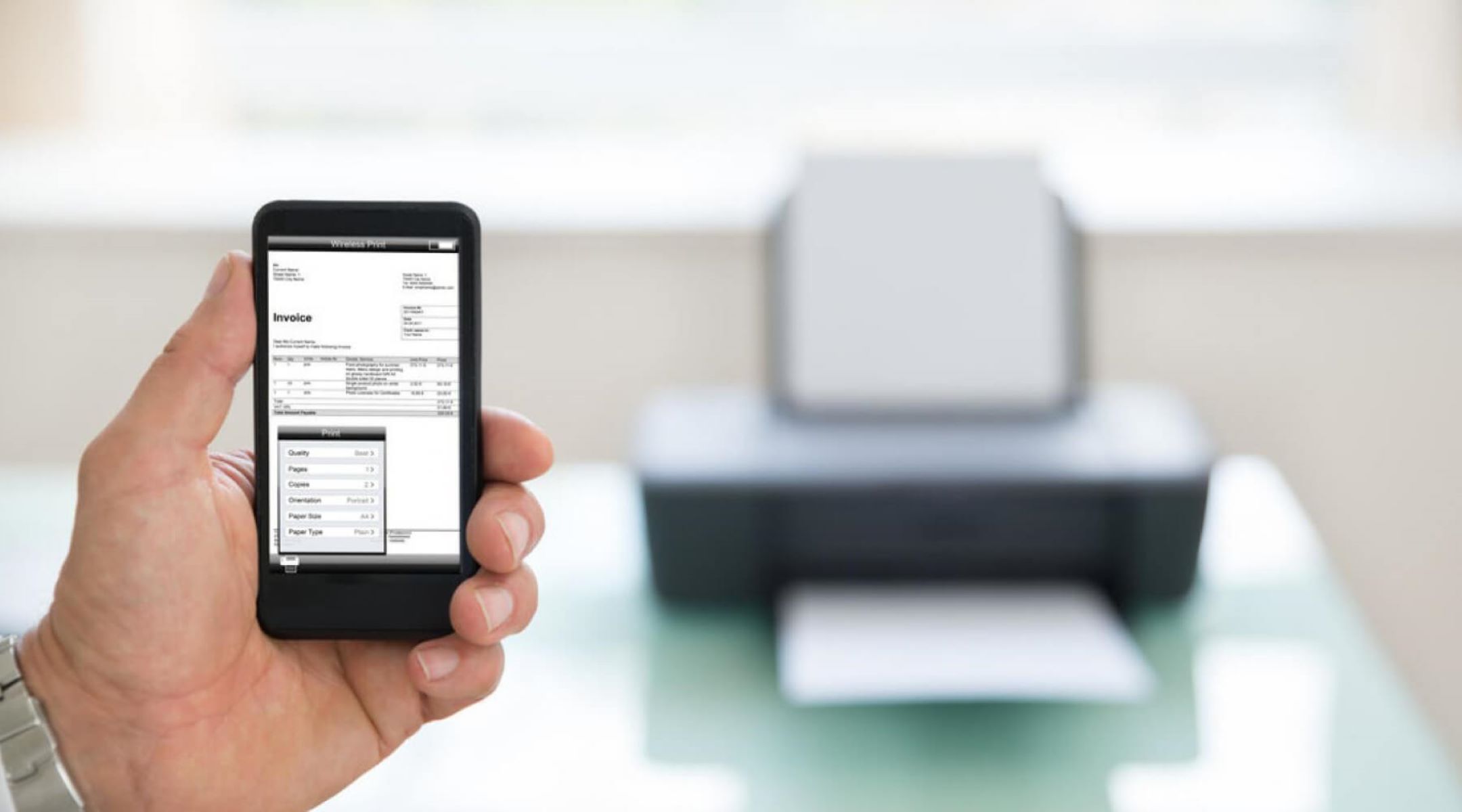
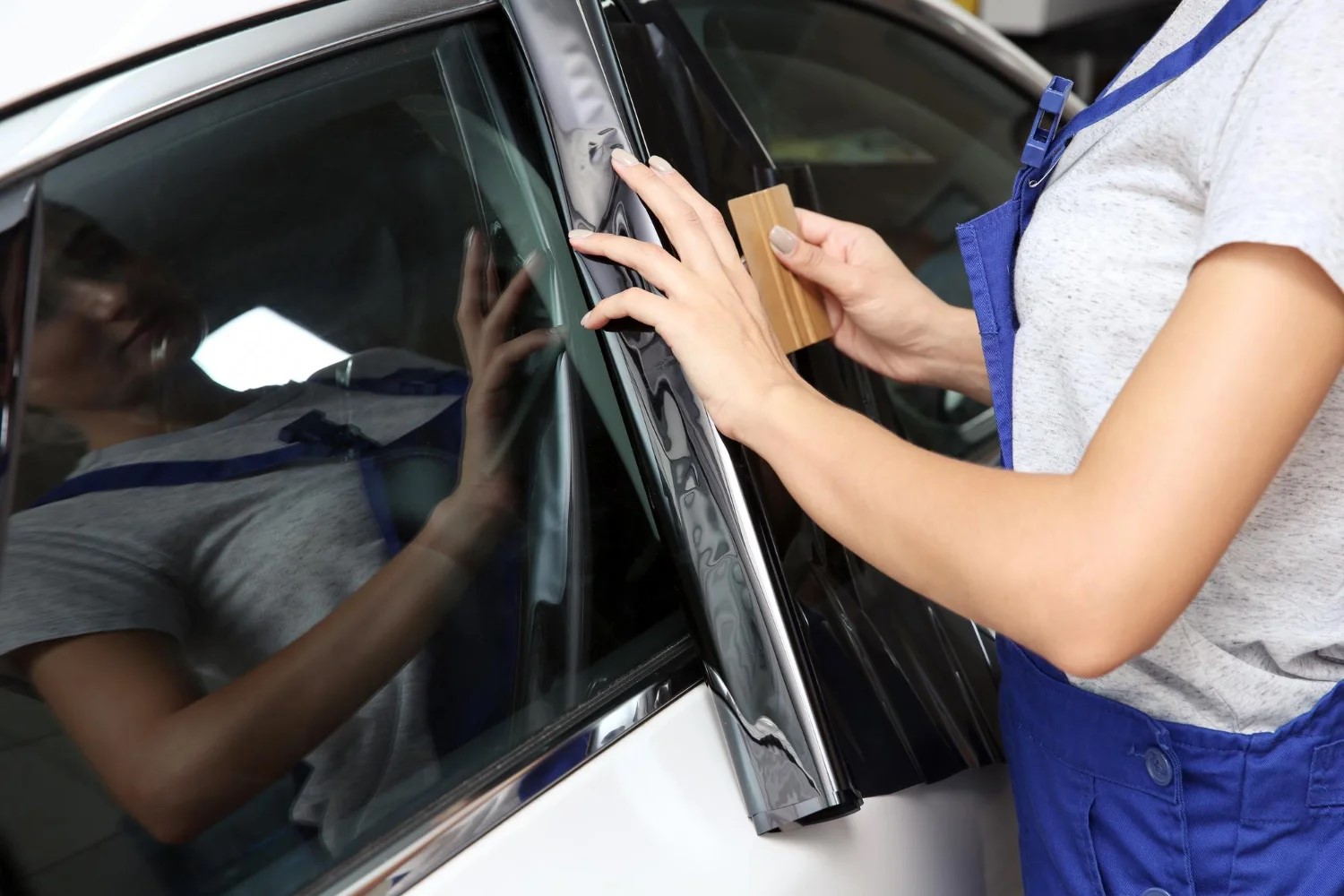
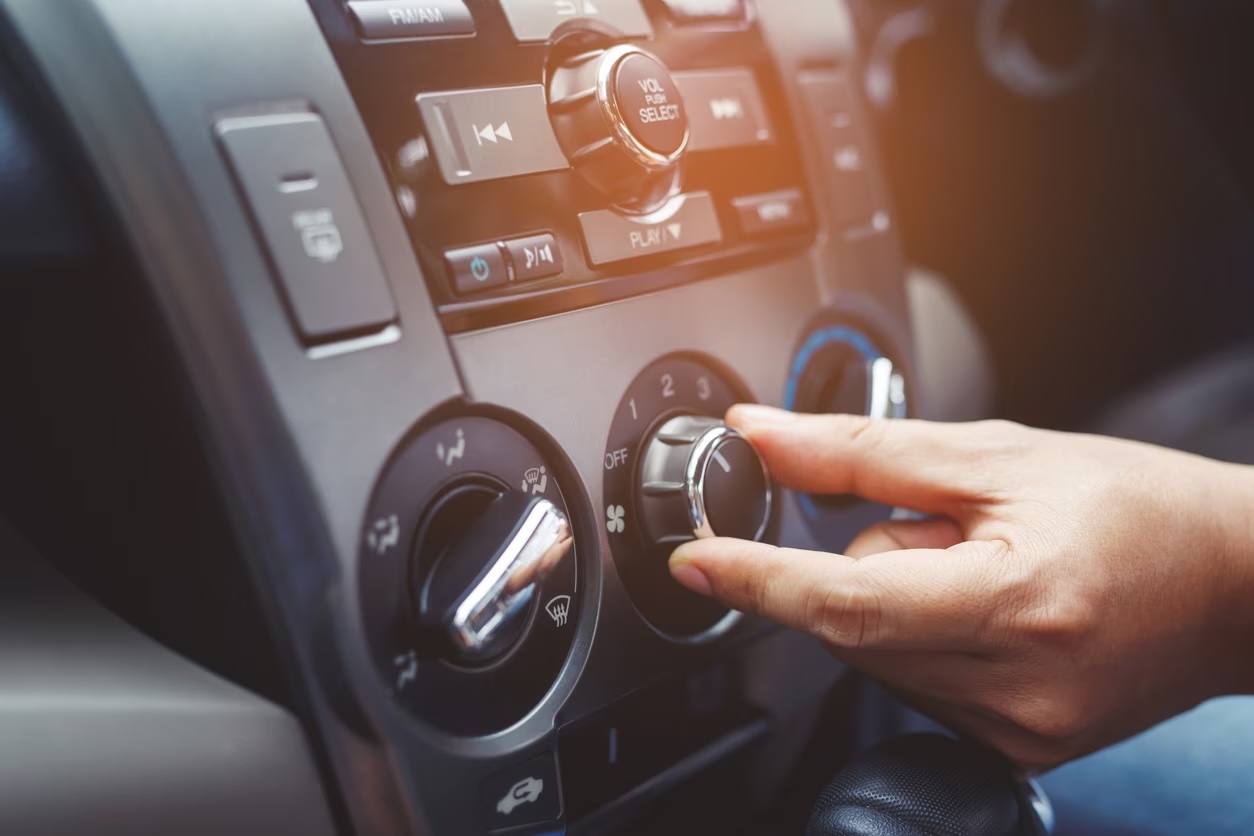
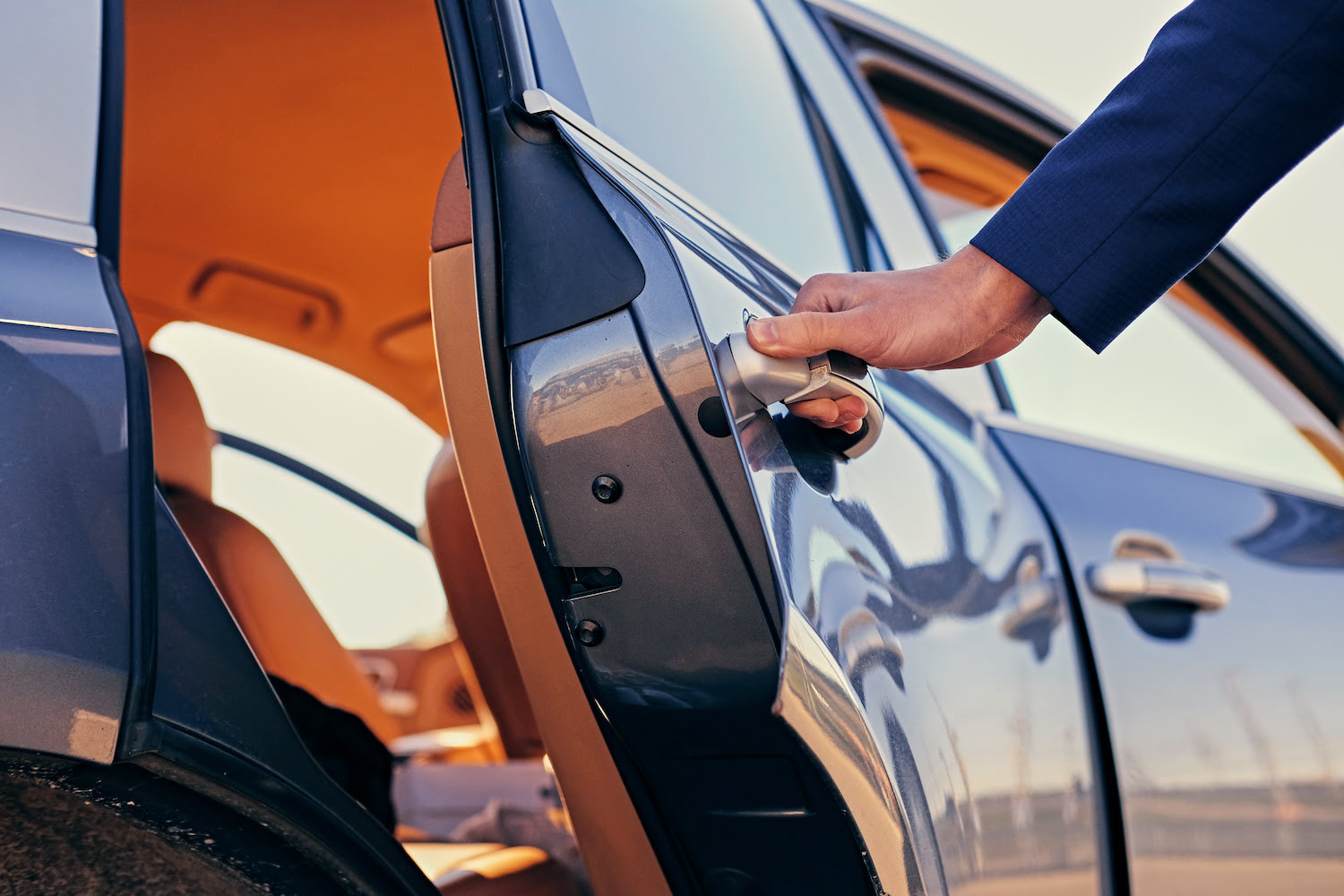

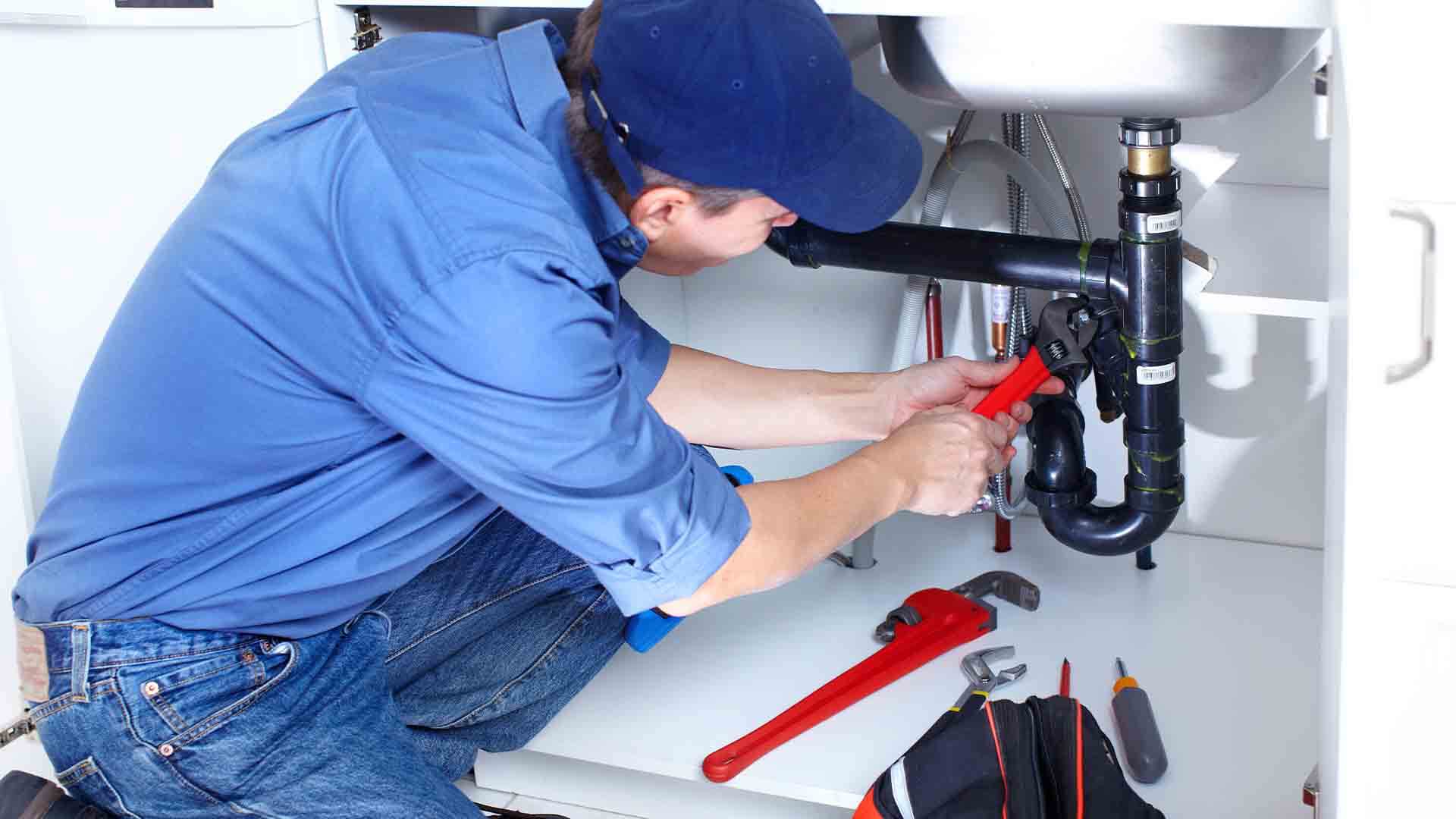


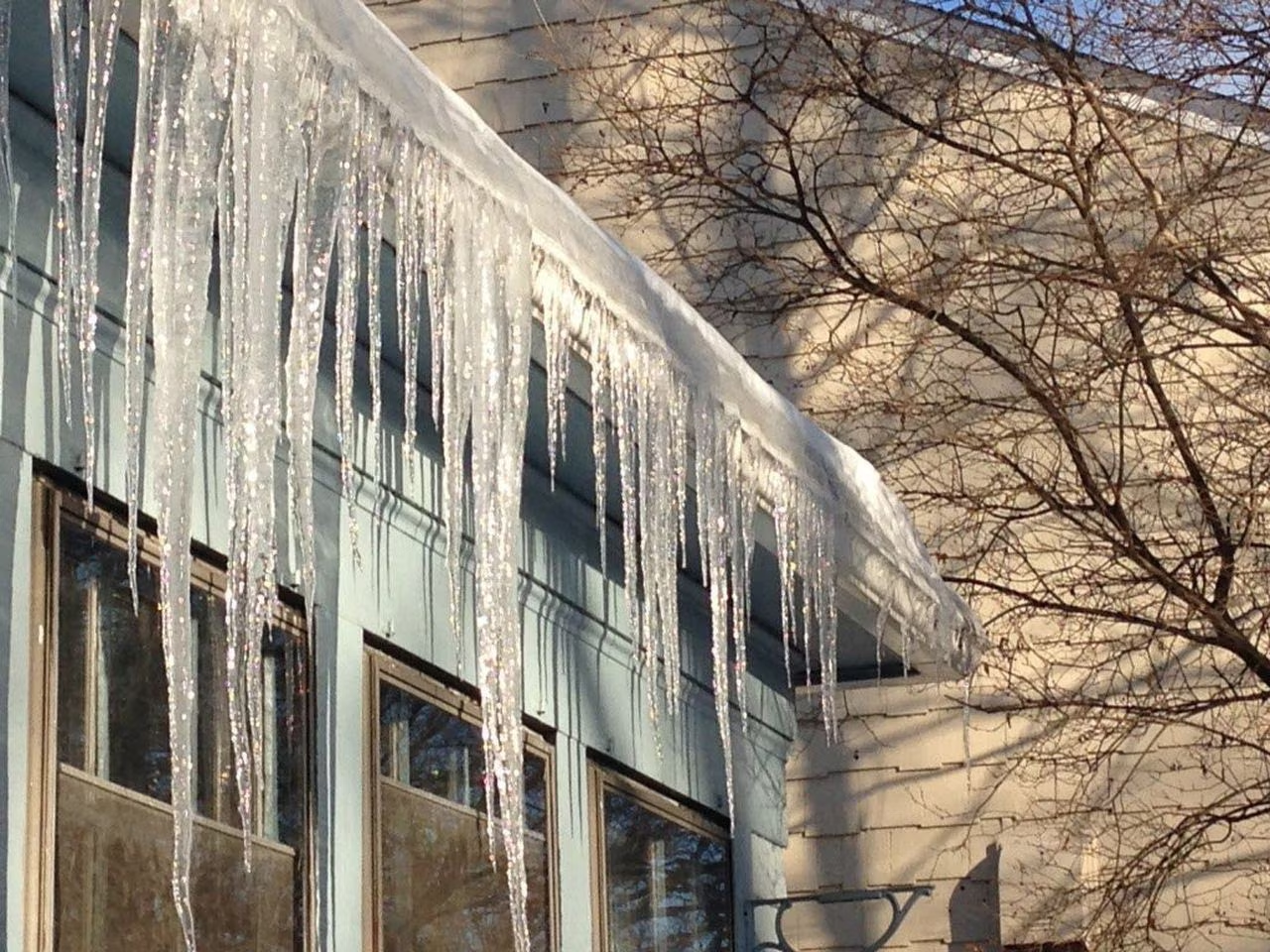

0 thoughts on “How Do I Get A Car Towed That’s Blocking My Driveway”